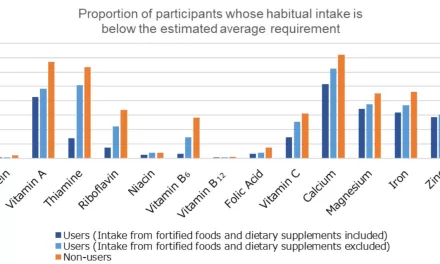November 30, 2024
The number of reported mpox (formerly known as monkeypox) cases across Africa this year has surged to over 59,200, spanning 20 countries, according to the Africa Centers for Disease Control and Prevention (Africa CDC).
Ngashi Ngongo, chief of staff at Africa CDC, announced during an online briefing that of the total reported cases, 12,938 have been confirmed, with 1,164 deaths recorded. This reflects a case fatality rate of approximately 2%.
Recent data reveal that 2,680 new cases were reported last week, including 492 confirmed cases and 22 fatalities. The Democratic Republic of the Congo, Burundi, and Uganda remain the most affected countries in terms of newly confirmed cases. Angola, meanwhile, reported its first confirmed mpox case on November 16, joining the growing list of affected nations.
The current outbreak has seen a staggering 600% increase in confirmed cases compared to last year. Most cases (93.2%) and deaths (99.5%) have occurred in Central Africa, highlighting the epicenter of the crisis.
Declared a Public Health Emergency
The Africa CDC designated the mpox outbreak a public health emergency of continental security in mid-August. Shortly thereafter, the World Health Organization (WHO) raised its highest level of global alert, marking the second time in two years that the virus has been deemed an international public health emergency.
Ngongo emphasized the need for sustained surveillance, prevention, and response measures, particularly in regions with limited healthcare infrastructure.
Global Relevance
Though the outbreak is centered in Africa, its global implications have grown. Both the United States and Canada reported new confirmed cases in mid-November, linked to travel histories involving Africa.
Mpox, first identified in laboratory monkeys in 1958, is a rare viral disease spread through body fluids, respiratory droplets, and contaminated materials. Symptoms include fever, rash, and swollen lymph nodes.
Urgent Call for Action
The ongoing outbreak underscores the urgent need for international cooperation in addressing zoonotic diseases. African health authorities are calling for more robust support, including vaccine distribution, to mitigate the spread and impact of the disease.
As cases continue to rise, experts warn of the potential for further spread without concerted global action.












